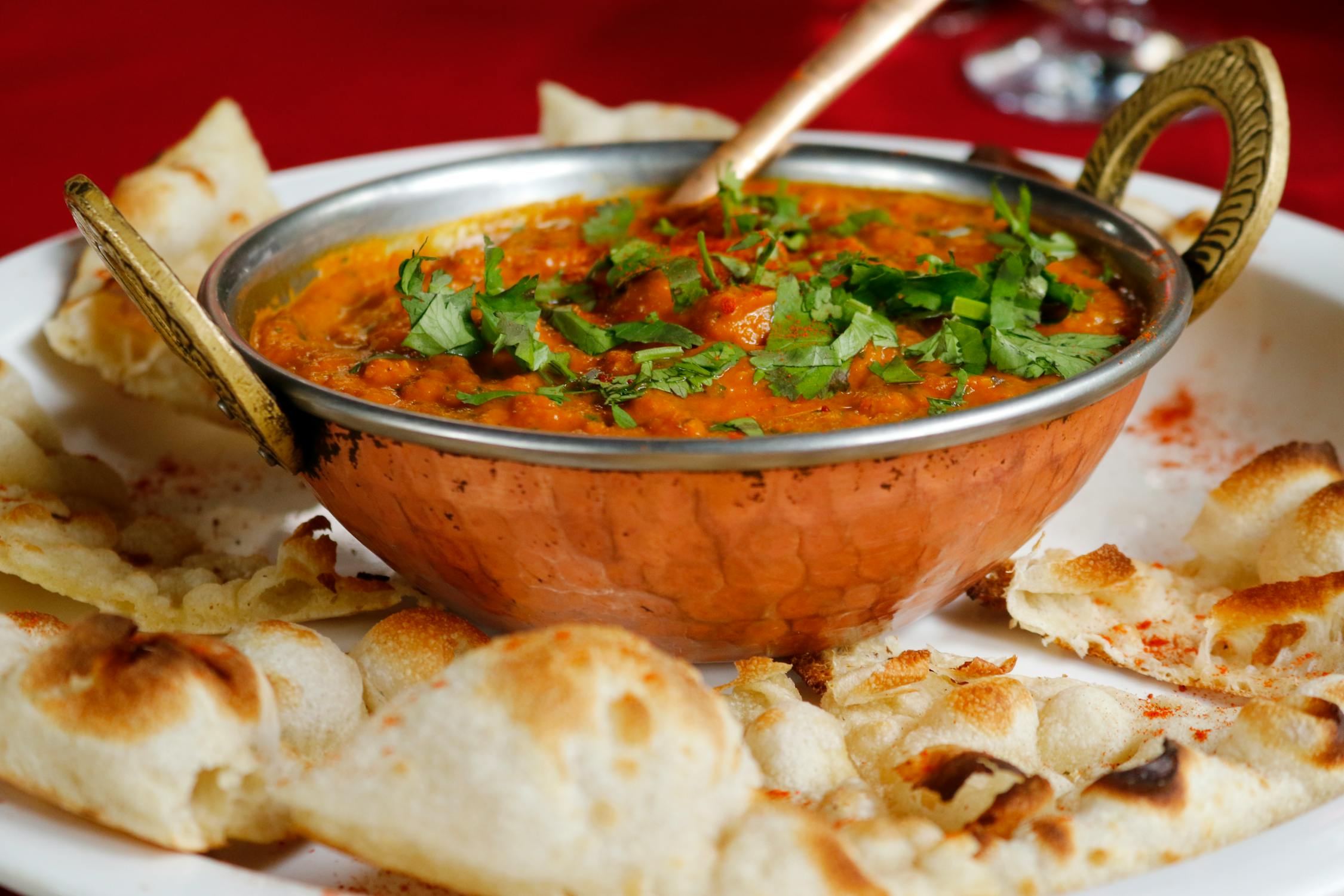
Counting Calories – Know the Dos and Don’ts
The current sedentary urban lifestyle and health impact have been studied extensively, leading to a general awareness of weight management. As a result, several people are now setting their own weight loss goals, and the most common question they are asking is “how to count calories.” Let’s look at the importance of tracking calories in your daily diet before getting into the doses and not counting calories.
The importance of calorie tracking
Calories are essential for people to manage their weight and live a healthier lifestyle to lose weight. Nutrition expert and the author of “The Portion Platform: No Diet Reality Guide to Eating, Cheating and Weight Living,” Lisa R. Young, says calorie is a calorie when it comes to weight. This means that it can be highly effective in weight management to focus on how to count calories. However, when counting calories, you need to keep in mind some dos and don’ts.
Dos
- Before consumption, check the Nutrition Facts Table (NFT) behind every food packaging. This makes it easier to count calories to lose weight.
- Take note of the essential macro and micronutrients apart from calories to understand your daily intake better.
- Keep a check on the size of the food portion. If you don’t know how to count calories accurately, it can be beneficial to calculate your caloric intake using food portions.
- Please consult a dietician for your calories and nutritional needs, as daily calories may vary for men and women.
- Invest in a bright kitchen to measure your ingredients/foods according to your daily nutritional requirements.
Don’ts
- Just rely on your memory to keep track of your calories. Instead, invest in a calorie tracker or connect your smartphone to a calorie monitoring software and enter your data every day.
- Overseas some foods, such as cornflakes or oatmeal, are usually considered healthier. However, it’s healthy; excessive intake (beyond the suggested serving size) may discard the balance of your diet.
- Forget about counting every single bite you eat, such as meal snacks. If you are interested in counting calories, always remember to consider the small nibbles that you may enjoy all day long.
- Lower the value of an active lifestyle. You may overlook the significance of exercise when being too focused on monitoring calories to lose weight. If you want to speed up your weight reduction objectives, it is also essential to exercise every day.
Don’t simply monitor your calories since each food’s nutritional content also plays a significant role in reasonable weight control. For example, if you’re a woman who wants to lose weight, recommendations on women’s calories may advise you to use specific calories every day. You should, however, also make sure you eat more protein than crabs. Protein helps you shed weight more rapidly and build up slender muscle.
Conclusion
While the most common technique used is counting calories to reduce weight, overdoing it may create additional issues. No one size fits all when it comes to nutrition and diet. Your daily calorie requirements depend on many variables such as your BMI, age, sex, medical problems, and energy costs. You may be in danger of acquiring nutritional deficiencies if you follow a self-approved low-calorie diet for a long time. Therefore, if you want customized guidance on monitoring calories and being healthily sustainable, it is always advisable to contact an authorized dietician.